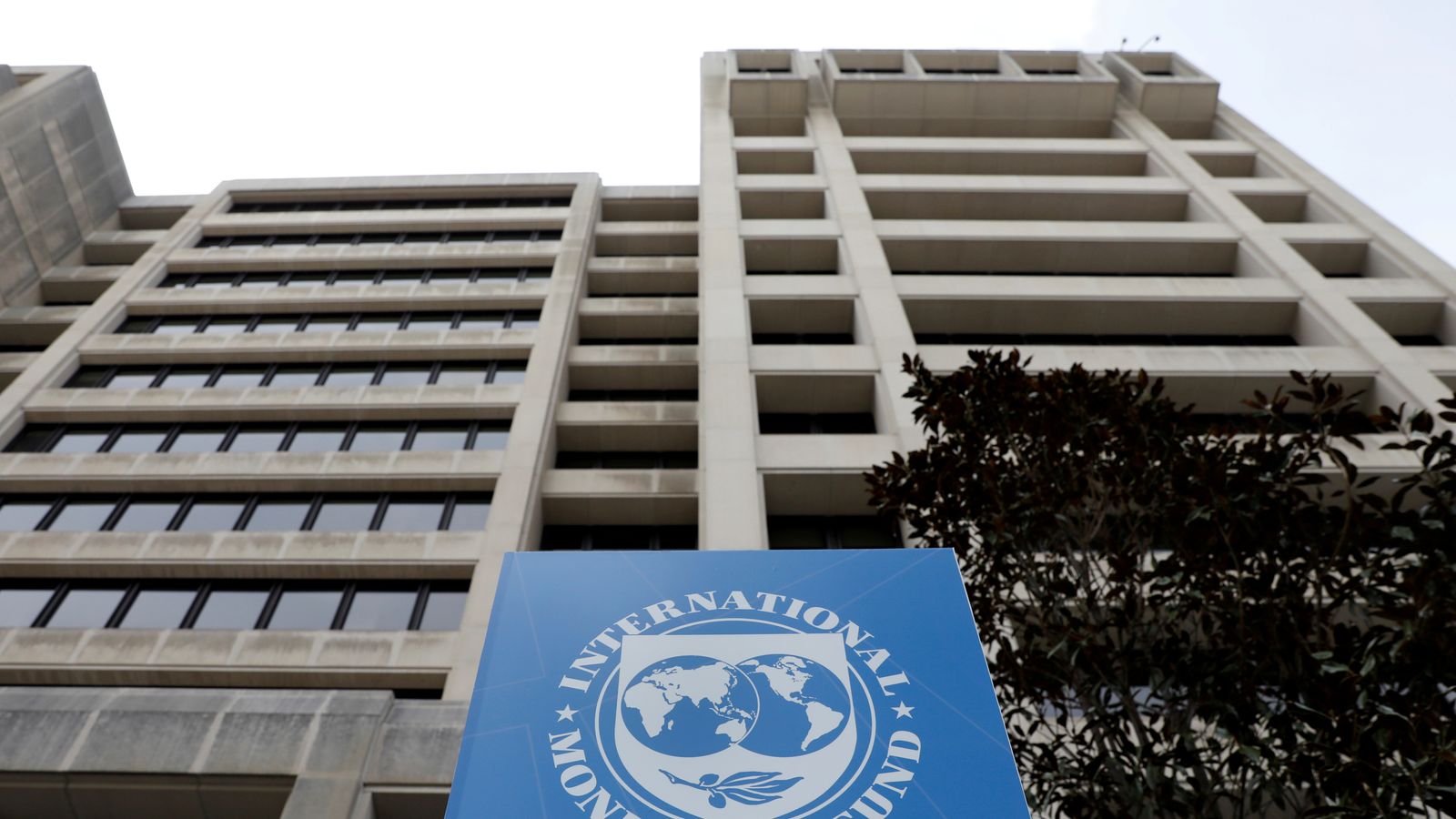The International Monetary Fund has confirmed that it is expecting the UK economy to grow faster than previously expected this year.
The Washington-based fund, which was predicting only last October the UK would be the slowest of all the G7 nations this year, now expects it to be firmly in the middle of the pack.
Money latest: What happens when you go bankrupt?
The upgrade – which takes expected growth this year from 0.5% to 0.7% – does not reflect the recent change of government, since it was first announced in May, when the IMF conducted its annual assessment of the UK economy. However, it was welcomed by new Chancellor Rachel Reeves, who has pledged to improve Britain’s economic growth.
She said: “While it’s welcome that the IMF is forecasting growth to pick up this time, I am under no illusion to the scale of the challenge facing the economy and the inheritance this new government faces. That is why we are already taking the tough decisions to fix the foundations of our economy, so we can rebuild Britain and make every part of our country better off.”
Falling short of political promises
Labour have committed to achieving the fastest economic growth – as measured by gross domestic product per capita – in the G7 during their time in office. But the IMF forecasts suggest the UK will fall far short of this both this year and next, with its 0.7% growth this year considerably smaller than the 2.6% expected in the US, and next year’s 1.5% smaller than Canada’s projected 2.4%.
The fund upgraded its 2025 global growth forecast by 0.1 percentage points to 3.3%, but warned that much would depend on political circumstances this year and next.
It said: “The potential for significant swings in economic policy as a result of elections this year, with negative spillovers to the rest of the world, has increased the uncertainty around the baseline.
“These potential shifts entail fiscal profligacy risks that will worsen debt dynamics, adversely affecting long-term yields and ratcheting up protectionism. Trade tariffs, alongside a scaling up of industrial policies worldwide, can generate damaging cross‐border spillovers, as well as trigger retaliation, resulting in a costly race to the bottom.”

